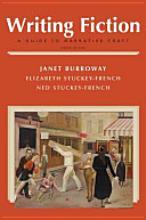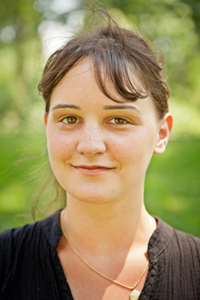The winner of this year's Edwin Morgan Poetry Prize, the largest U.K.-based award for a single poem, was announced earlier today at the Edinburgh International Book Festival. Scottish poet Jane McKie, who runs the small publisher Knucker Press, was chosen from an all-female shortlist to win the five thousand pound prize (roughly $8,250) for her poem "Leper Window, St. Mary the Virgin."
Judge Kona Macphee says the poem, while relatively brief at forty-seven words, "epitomizes everything I love about poetry. It revels in the musicality of language and is magnificently concise, evoking a whole lost world in a dozen elegantly understated lines."
McKie has been previously honored for her debut collection, Morocco Rococo (Cinnamon Press), which was awarded the Scottish Arts Council's prize for a first book in 2007. To read her Morgan Prize–winning poem, visit the Guardian's website.
The annual prize, named for the late Scottish poet Edwin Morgan, is given for a poem by a writer of any nationality.






